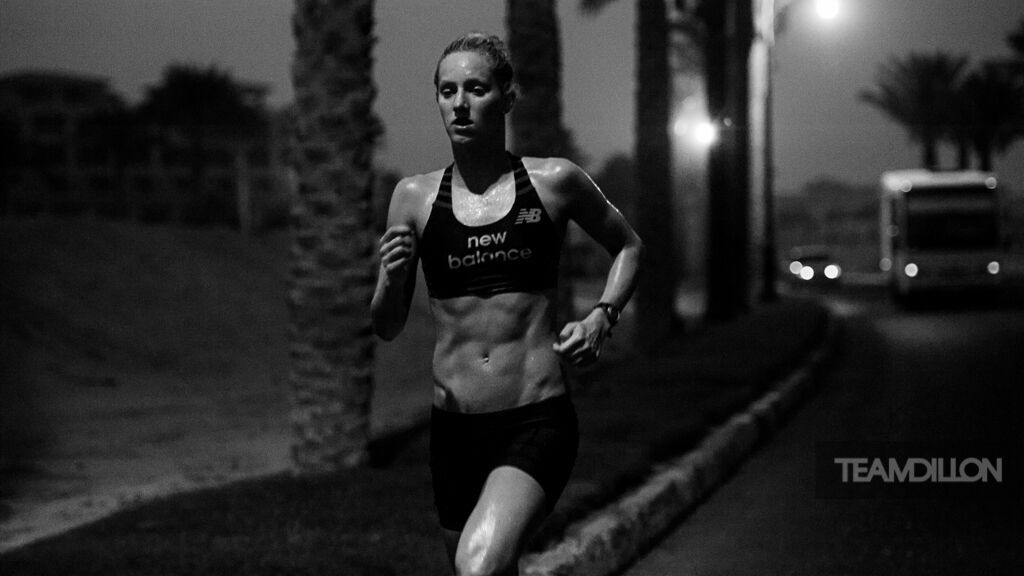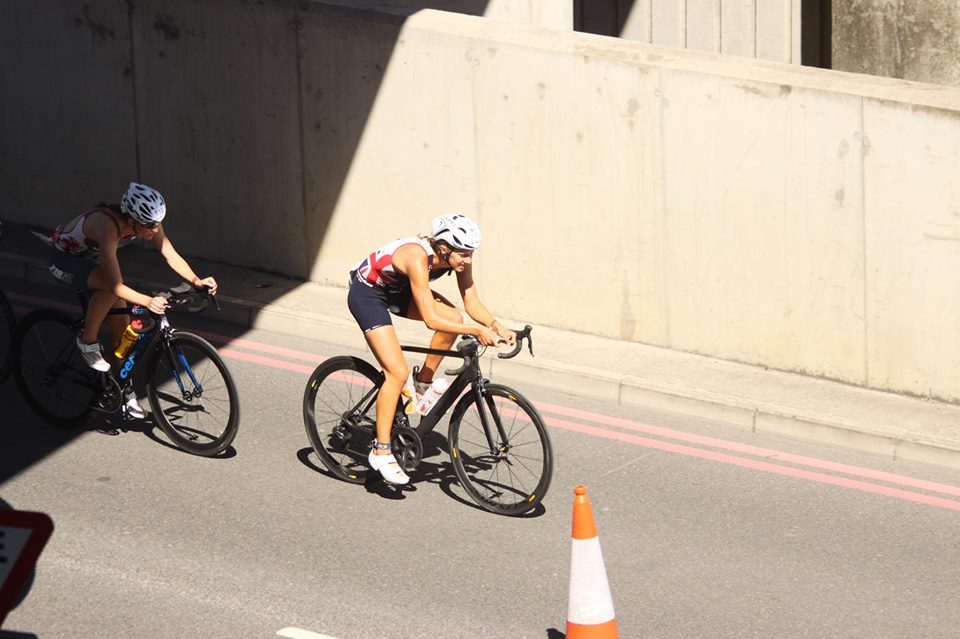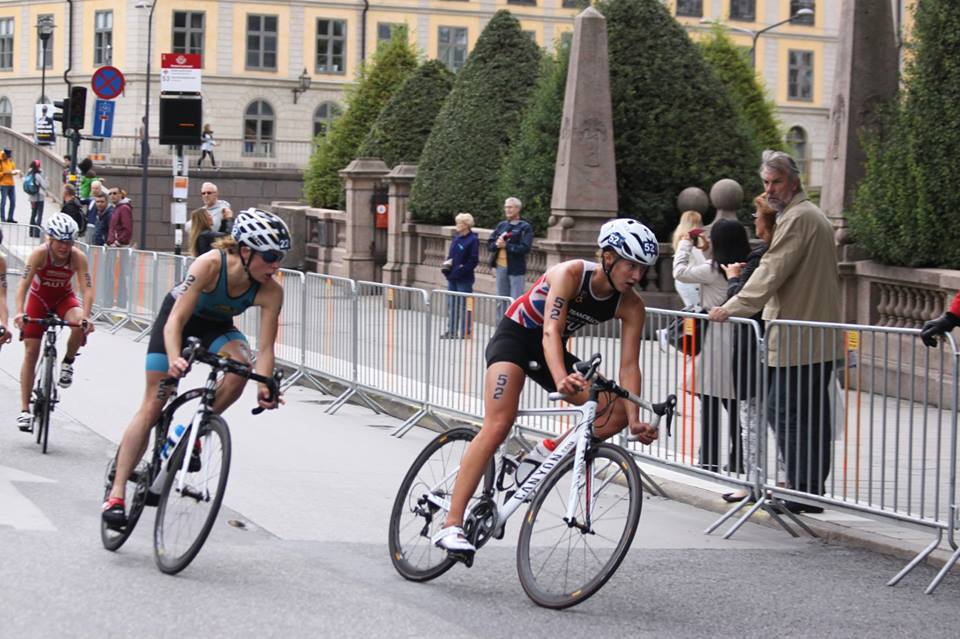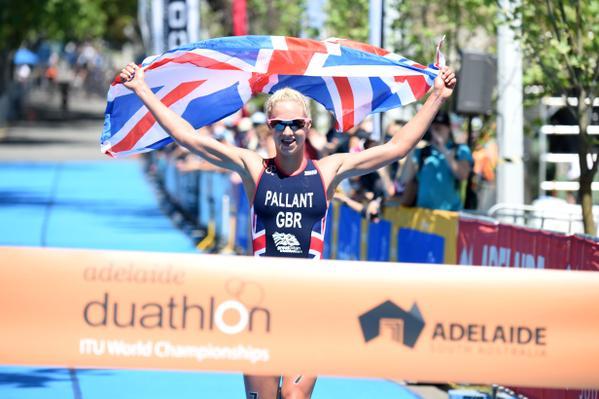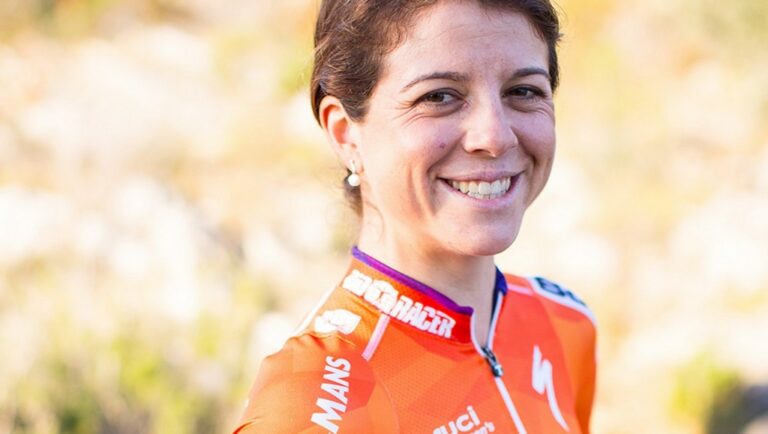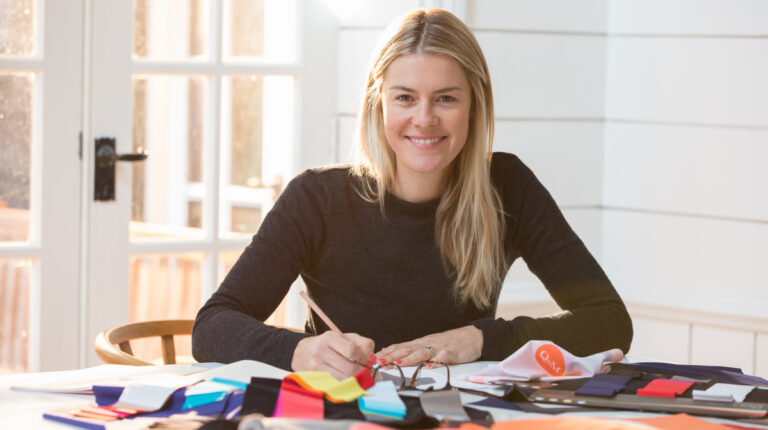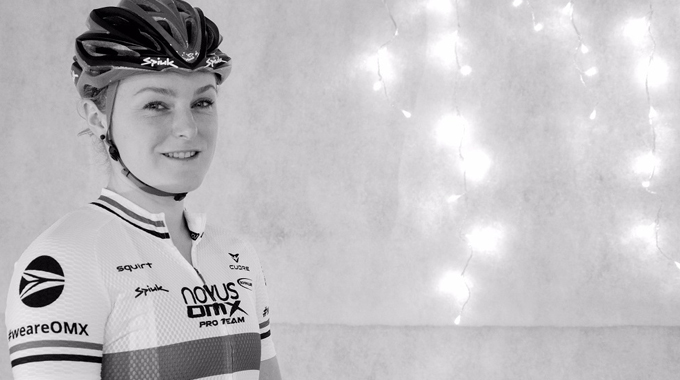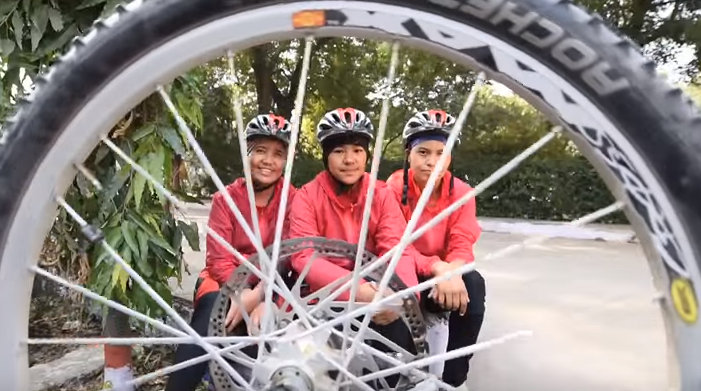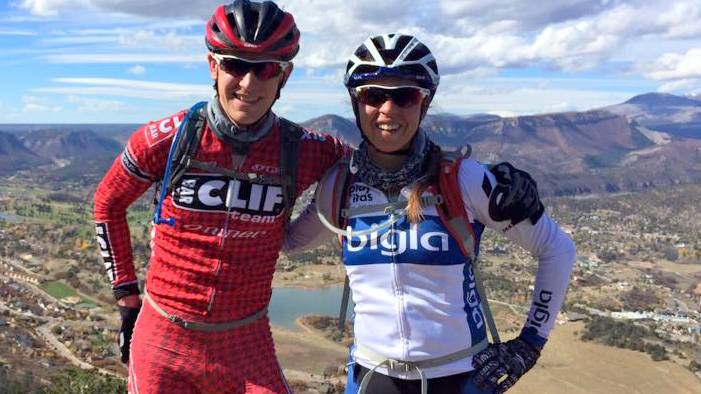Athlete, coach, physiotherapist – World Duathlon Champion Emma Pallant wears multiple caps. Having emerged, hobbling slightly from a career in middle distance running into the sport of triathlon in 2012, she’s racked up some pretty notable results, too. These include First in the British National Triathlon in 2014, a World Triathlon top ten in Cape Town at the end of 2015, plus of course her Duathlon crowning glory.
The journey hasn’t been easy – gunning for Olympic selection in 2012 it was a knee injury that first prompted Pallant to give tri a shot. The plan was to simply put her mountains of cross training to good use – but thanks to the belief and support of an excellent coach, former Olympian Michelle Dillon of Team Dillon Coaching, and her own sheer determination, it’s become so much more.
Pallant explains: “I ran through a knee injury that I probably shouldn’t have – and I ended up having to have surgery. That meant I did a lot of cross training – biking a lot, swimming a lot – I was being mentored by [Dame] Kelly Holmes, and she got me a charity spot in the London Triathlon. I thought ‘I might as well have a goal for all this cross training’. People would say ‘ah, you’re a really good swimmer’ and I thought I was handy on the bike… but nothing compared! It was a bit of a baptism of fire, the first triathlon.”
“I just thought it was all water, so I put my head down and just assumed I’d swim in a straight line! I came way back, then pretty much held my place on the bike, then ran to sixth [place].”
Her running pedigree meant that Pallant earned herself a place in the Elite wave – a draft legal race where she’d have to ride wheel-to-wheel to have a chance at success – something she’d only done once before at a practice duathlon. Oh, and she’d not spent much time swimming in open water either.
Pallant says: “I just thought it was all water, so I put my head down and assumed I’d swim in a straight line! I came way back, pretty much held my place on the bike, then ran to sixth [place].”

